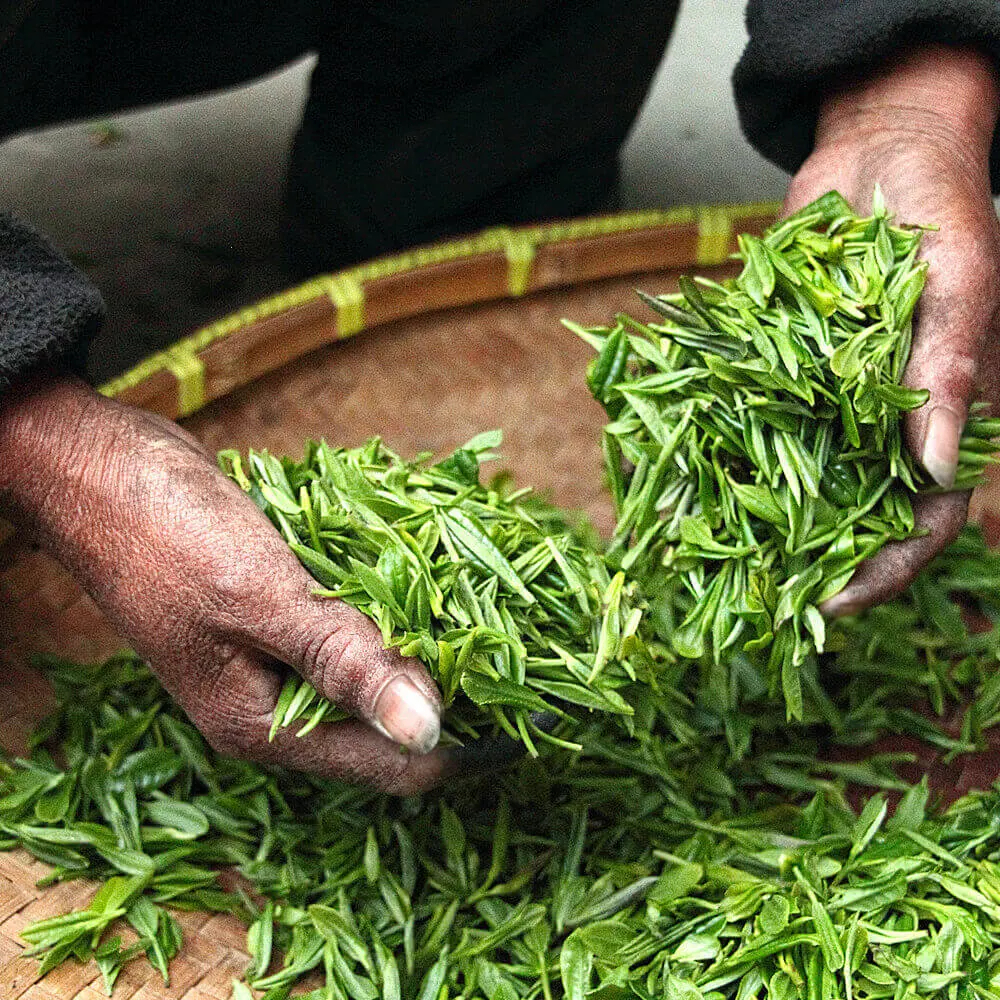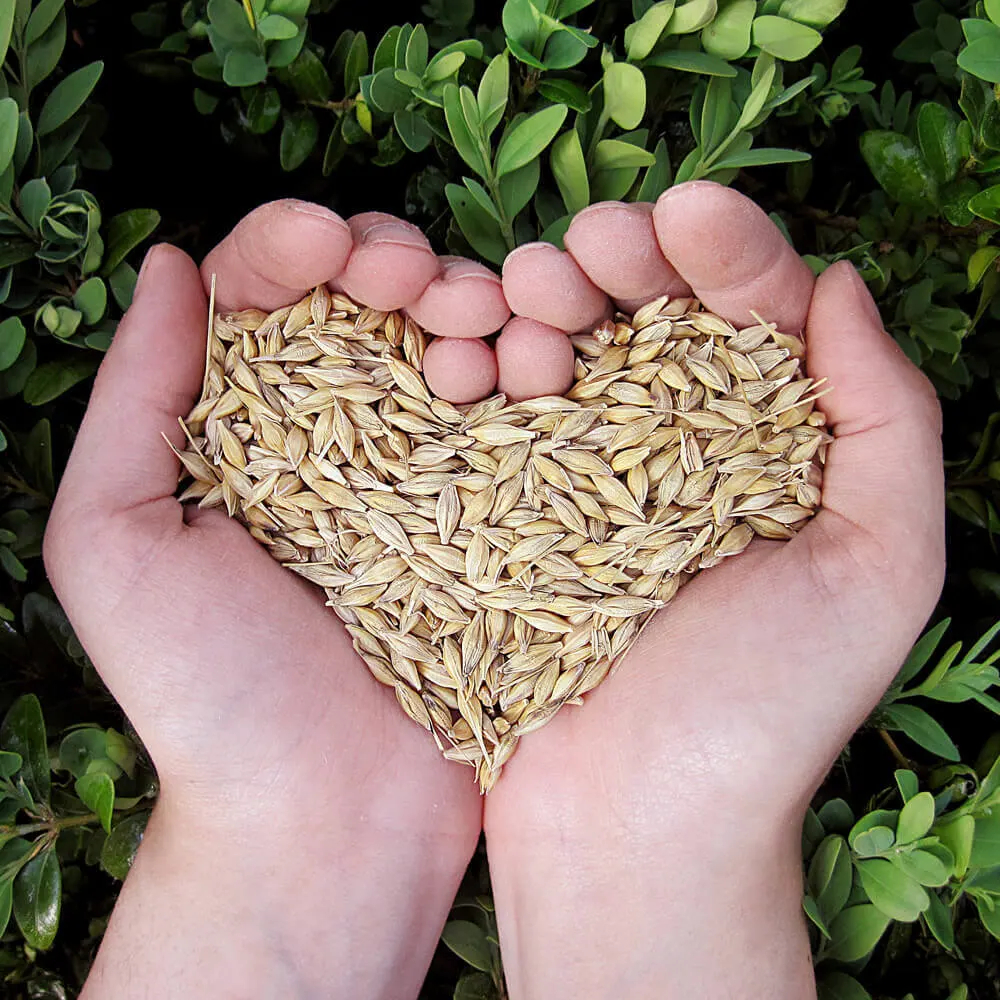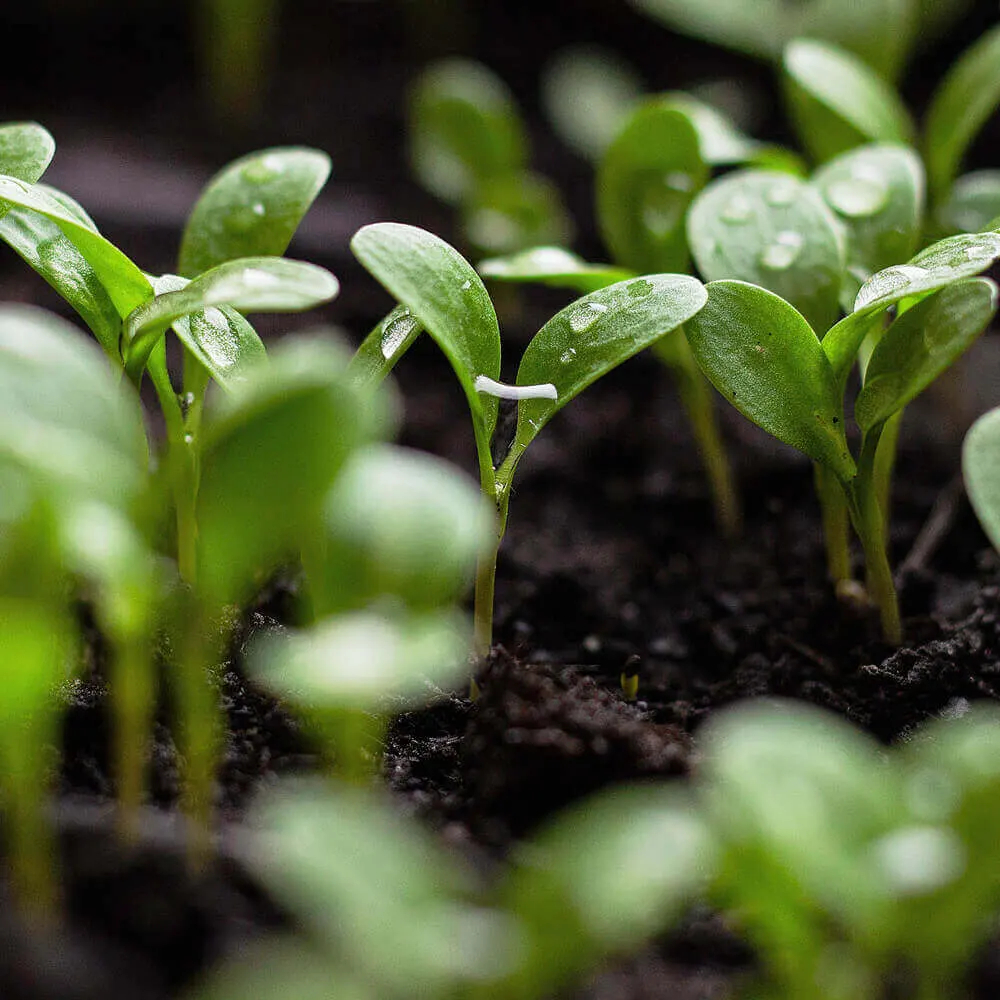Sustainability in the STEVIA GROUP - Responsibility for people and the environment
As an internationally active consumer goods and retail company, the STEVIA GROUP takes responsibility for people and the environment.
Sustainability is an integral part of the STEVIA GROUP's corporate strategy with the aim of achieving 100% sustainable business activity.
In order to continue to offer you as a family business what the steviapura® brand is all about in the future: the highest stevia expertise and uncompromising product quality.


Sustainability: Involve employees more.
It is well known that the sustainability strategies of companies are influenced by customers and consumers. But we also let our own employees have their say when it comes to sustainability at work and in the company.
The STEVIA GROUP makes it possible to lead an ecological lifestyle not only in private life, but also in the workplace.
As a company, we have a responsibility not only in the short term, but also in the long term to firmly anchor the social change in the value system in our corporate culture.
The topic of sustainability is becoming increasingly important in society. The group of LOHAS,, people whose lives are oriented towards the principles of sustainability and health consciousness, is growing more and more. Entrepreneurial concepts to promote sustainability require the involvement of all employees. Only transparency, information and motivation allow employees to act sustainably in the long term.


Sustainability: Relevance for purchasing decisions
According to the study, 81 percent of consumers said they are paying more attention to sustainability when buying products (a study by the consulting and auditing company KPMG, in cooperation with IHF Cologne).
Products that are produced sustainably and ecologically and have as little impact on the environment as possible are becoming more and more important for consumers.
Consumers are becoming increasingly aware of ecological and social factors when making purchasing decisions. Clearly, products with a sustainable image are preferred and are a determining factor in purchasing decisions.
Sustainability not only in products, but also in the STEVIA GROUP.

Respectful use of agricultural raw materials
Raw materials
Farmers make a not inconsiderable contribution to sustainability and environmental compatibility. Only raw materials that are cultivated and used sustainably will secure the supply of raw materials in the long term.
In a nutshell, this means that systems of renewable raw materials must have the possibility of natural regeneration. This is the only way to ensure that future generations can use them in the same way as the present generation.
Sustainability has been successfully applied for more than 300 years and includes not only ecological, economic but also social aspects, for example in the case of small farmers. According to the World Bank, about 1.5 billion people worldwide live in smallholder households. They usually have little production support. A smallholder is a farmer with a low endowment of production factors such as machinery.
These farmers contribute not insignificantly to sustainability and environmental sustainability in the following areas:
- Increasing the range of crops and biodiversity
- Climate protection
- Conservation of raw materials
- Structural change in rural areas
The sustainable production and use of renewable raw materials can help to strengthen value creation and employment, especially in rural areas, both in raw material production and in primary processing.
The STEVIA GROUP attaches particular importance to the secure and sustainable supply of raw materials while at the same time protecting the climate and small-scale farming structures.
In this way, we as a company can also contribute to the reduction of CO2 emissions.


Sustainability in packaging is important to consumers.
Packaging
For one in two consumers, sustainability in packaging as well as recycling and reusability play an important role.
STEVIA GROUP contributes to a sustainable world by using resources responsibly.
We design sustainable packaging for our customers, taking care to use as little material as possible. Consumers draw conclusions about the sustainability of a product from the packaging material used. Consumers generally consider packaging made of paper and cardboard/corrugated board to be more environmentally friendly.
In the future, intelligent product developments will also make it possible to use bio-plastics in bottles and thus also save resources in the value chain.
The consumer appreciates a small packaging size in relation to the content and no deceptive packaging.
A packaging size adapted to the product also leads to a low use of materials, which benefits our environment.

The STEVIA GROUP's sustainable supplier management
Suppliers
Sustainable supplier management or "Sustainable Supply Chain Management" is an essential factor for the STEVIA GROUP in the partnership cooperation with suppliers.
Our aim is to offer our customers the highest possible product safety as well as service and product quality. We achieve this together with our suppliers. The supplier agreements contain clear regulations on the fulfilment of social, ecological and economic standards.
They are the basic prerequisite for reliable cooperation with our suppliers and create clarity and transparency. It is our goal that all our suppliers sign the Code of Conduct. Compliance is ensured through a defined auditing process.
Code of Conduct for suppliers
STEVIA GROUP bears a special responsibility towards our customers and society when selecting suppliers.
STEVIA GROUP is committed to adhering to ethical principles and practices responsible supplier management. The Code of Conduct sets out these principles for suppliers and is based on:
International Labour Organization
An international labour organisation for labour and social standards, of the United Nations. Its aim is to ensure minimum standards and rights at work and to decent work for all people worldwide.
UN Declaration of Human Rights
Declaration of Human Rights in accordance with Resolution 217 A (III) of 10.12.1948. The Universal Declaration of Human Rights, also known as the Declaration of Human Rights or UN Human Rights Charter or, in short, the UDHR.
A non-binding recommendation of the United Nations on the general principles of human rights: "All human beings are born free and equal in dignity and rights."
UN Rio Declaration on Environment and Development
The Rio Declaration on Environment and Development was adopted at the 1992 United Nations Summit Conference on Environment and Development (UNCED) in Rio de Janeiro. It contains 27 principles on legislation, politics, economy and science that countries must follow to achieve sustainable development and protect the environment.
UN Global Compact
The most important and largest global initiative for responsible corporate governance is the UN Global Compact. Based on 10 principles on working conditions, fighting corruption, human rights and environmental protection, the vision pursues a sustainable global economy.

 German
German Dutch
Dutch French
French Italian
Italian Portuguese
Portuguese Spanish
Spanish
